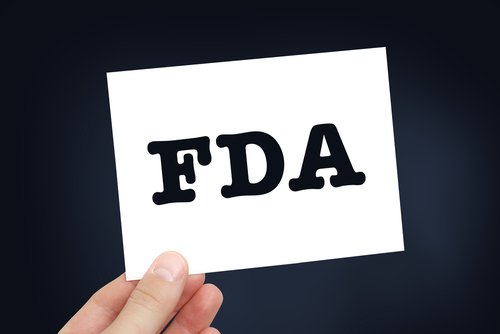The U.S. Food and Drug Administration (FDA) has granted Breakthrough Therapy designation to ImmunityBio‘s interleukin-15 (IL-15) agonist N-803, in combination with Bacillus Calmette-Guerin (BCG) for the treatment of non-muscle invasive bladder carcinoma in situ (CIS) that does not respond to BCG treatment alone.
The designation is intended to accelerate the development and review process for therapies that provide a significant improvement over the current standard of care for serious or life-threatening conditions. The FDA had granted Fast Track Designation to the combination therapy in 2017, a year also marked by ImmunityBio’s acquisition of N-803 from Altor BioScience.
“We are pleased that the FDA has granted Breakthrough Therapy Designation to N-803 in combination with BCG for the treatment of patients with Non-Muscle Invasive Bladder Cancer with CIS,” Patrick Soon-Shiong, chairman and CEO of ImmunityBio, said in a press release.
“We look forward to accelerating our work on N-803 to bring greater hope to the thousands of people living with the serious consequences of bladder cancer and to address the unmet need to avoid surgical removal of the bladder in these high-risk patients,” he added.
BCG is an immunotherapy that has been the first-line treatment for non-muscle invasive bladder cancer (NMIBC) for the past 30 years. However, a significant percentage of patients do not respond to BCG, or see their cancer progress after treatment.
The only option for people whose cancer does not respond to BCG is to have their bladder surgically removed through a procedure called cystectomy, followed by a second surgery called urostomy that lets urine drain to a bag outside the body. This procedure has life-changing consequences and negatively impacts quality of life.
N-803, previously known as ALT-803, is a lab-made fusion protein. It mimics the effect of IL-15, a naturally-occurring protein that induces the proliferation and action of the immune cells that attack cancer, such as natural killer (NK) cells and cytotoxic T-cells.
The investigational therapy has better pharmacokinetic properties — how the medication is absorbed, distributed, metabolized, and excreted from the body — than the native IL-15 molecule. It also has longer persistence and higher anti-tumor activity.
This new designation was granted based on the preliminary results of two clinical trials.
The QUILT 2.005 Phase 1 trial is investigating the effects of N-803 in combination with BCG in people with non-muscle invasive bladder carcinoma who have not previously been treated with BCG.
The QUILT 3.032 Phase 2 trial is assessing the effect of the same combination in people with NMIBC who did not respond to BCG treatment. Preliminary results showed that six out of seven (86%) of participants with carcinoma in situ achieved a complete response, and that the combination was well-tolerated.
“The favorable safety profile and initial efficacy results from our phase 1 study strongly suggest we may be able to improve the treatment for a disease that has not had non-surgical treatment options for over 30 years,” said John Lee, chief medical officer at ImmunityBio.


